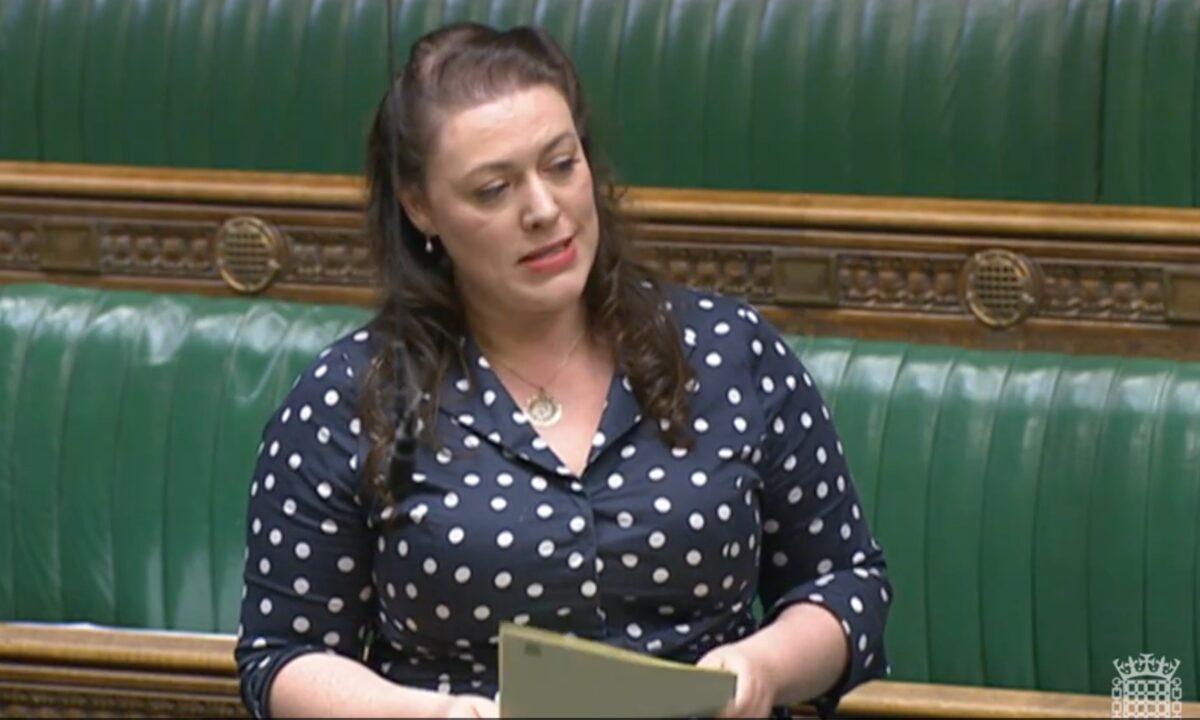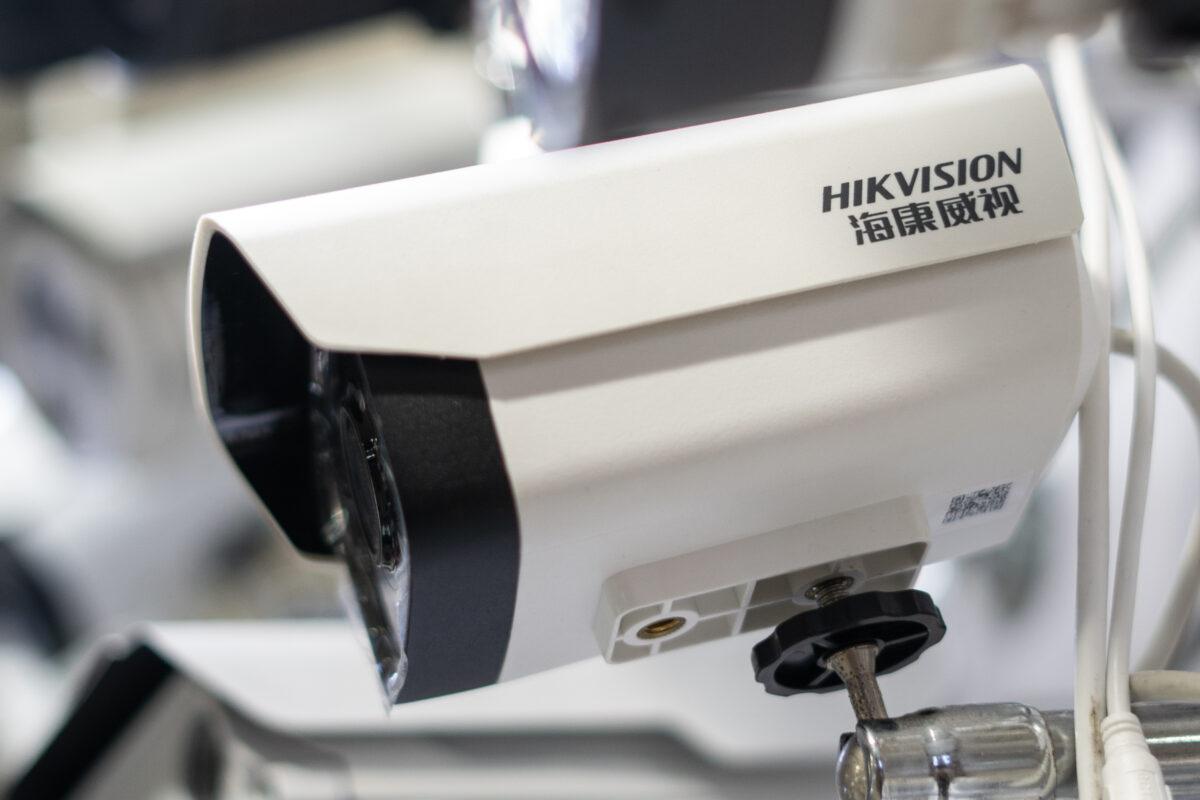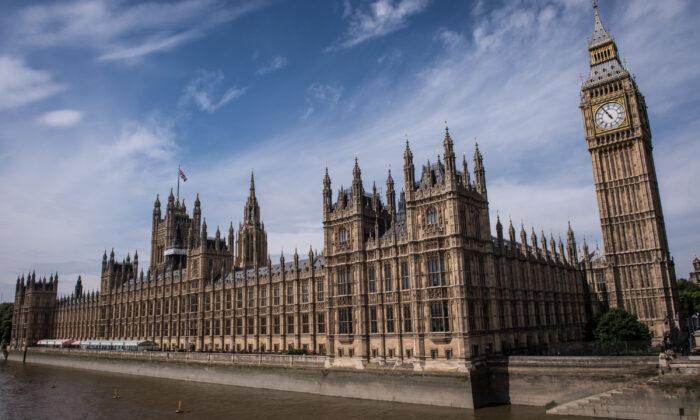A group of cross-party MPs are pushing for a new law to require the UK government make a list of “high risk” suppliers that should be barred from getting government contracts and appoint a watchdog to check the list.
Alicia Kearns, chair of the Foreign Affairs Committee, said she proposed amendments to the Procurement Bill because the current proposals in the bill don’t work.
Part of the aim of the Procurement Bill—rules on the UK’s post-Brexit public procurement—is to future proof the country’s public supply chain from national security risks.
The bill is “a chance to protect our country from China’s techno-authoritarianism, and efforts by the Chinese Communist Party to engineer our dependence on them, to weaken us at home and abroad,” she said, “to fail to act now would be to fail to defend our people.”
Kearns said current provisions in the bill “put all the responsibility on contracting authorities to take national security decisions.”
“We know this approach doesn’t work,” she said.

The series of amendments she proposed, and supported by a number of MPs including the chairs of the Defense Committee, Business Committee, and Women and Equalities Committee, seeks to require the minister for the Cabinet Office to publish “a list of sectors in relation to which covered procurement is sensitive to national security issues.”
Under the proposals, a government minister would be required to present a “High Risk list” of suppliers within these sectors to Parliament within a year after the bill become law, keep the list under review, and update Parliament every year.
Contracting authorities won’t be allowed to award a contract to a supplier on the “High Risk list” without the permission of the minister.
Chinese Surveillance Equipment
In a separate amendment, former Conservative leader Sir Iain Duncan Smith and 21 MPs including former Home Secretary Priti Patel and Standards Committee chair Sir Chris Bryant, seek to remove all Chinese surveillance equipment from the UK’s public supply chain.It’s an altered version of a previous proposal by Lord Alton of Liverpool, which was dropped earlier.
Alton’s proposal would have compelled the government to publish a timeline for the removal of physical technology or surveillance equipment from the government’s procurement supply chain where there is established evidence that a provider has been involved in modern slavery, genocide, or crimes against humanity.
Speaking in the House of Lords in December last year, Alton said the legislation was about committing the government to the removal of all Hikvision and Dahua cameras from the public sector supply.

Hikvision and Dahua, two world-leading surveillance camera manufacturers ultimately owned by the Chinese Communist Party (CCP), are the main suppliers of surveillance cameras in Xinjiang, where the Uyghur Tribunal—chaired by the prominent British barrister and judge Sir Geoffrey Nice KC—found genocide had been taking place.
The cameras have also been found to have backdoors and vulnerabilities, sparking security concerns. The United States has blacklisted both companies.
The UK government has told its departments to stop installing new Chinese surveillance cameras in sensitive sites, citing security considerations, and advised them to consider replacing the existing ones before the maintenance schedule and do the same with non-sensitive sites.
Alton had welcomed the government’s decision but said the process could take too long.
The Lords backed Alton’s proposal, but the government managed to remove it when the bill moved to the House of Commons.
Speaking for the government in February, Parliamentary Secretary to the Cabinet Office Alex Burghart told MPs that the clause would require the government to review the evidence that existing surveillance suppliers or subcontractors have been involved in modern slavery, genocide, or crimes against humanity.
“Given the size and complexity of technology supply chains, any review of that nature would be costly and resource-intensive; it would need to cover hundreds, if not thousands, of companies,” he said.
He also argued that it’s “especially difficult” to prove the suppliers knowingly provided technology for use in human rights abuses and that if there were sufficient evidence to prove involvement, the cost and disruption of removing such surveillance equipment from across the entire government estate would be significant.
Duncan Smith’s new version removed the requirement to establish evidence that a provider has been involved in modern slavery, genocide, or crimes against humanity and instead requires the secretary of state to publish a timeline for the removal from the government’s procurement supply chain of physical surveillance equipment produced by companies subject to the National Intelligence Law of the People’s Republic of China"—the same criteria the government used when banning new Chinese cameras on sensitive sites.
Under the CCP’s National Intelligence Law, all organisations and citizens must “support, assist, and cooperate with national intelligence efforts.”





